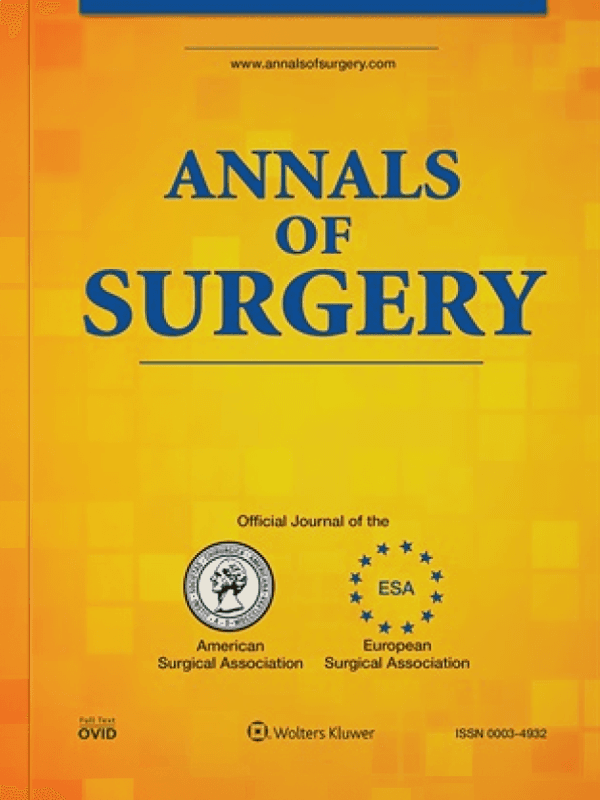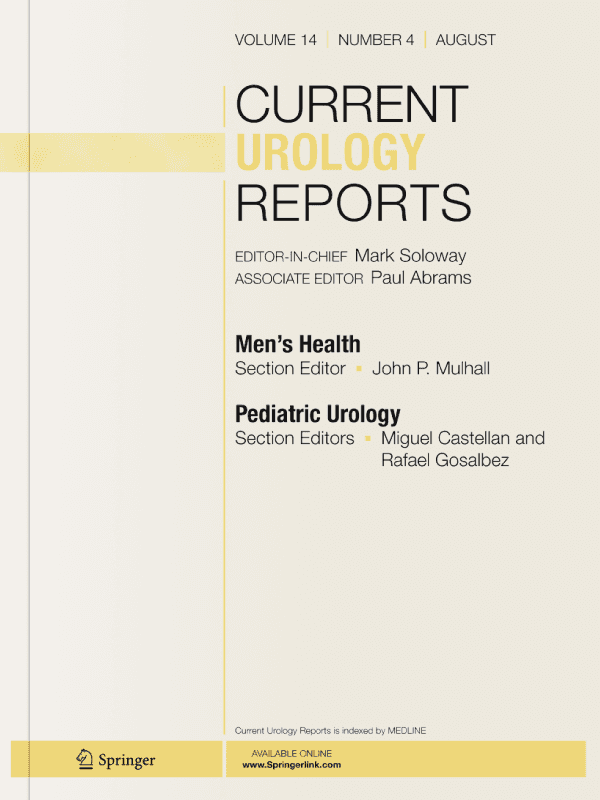SIMULATION TRAINING
Simulation-Based Laparoscopic Surgery Crisis Resource Management Training
Published on
Dec 19, 2017
Journal of Surgical Education
Mitchell G Goldenberg, Kai H Fok, Michael Ordon, Kenneth T Pace, Jason Y Lee
Overview
This study aimed to develop a simulation-based assessment of laparoscopic inferior vena cava (IVC) injuries to evaluate the technical and non-technical skills of urology residents, while also exploring how personality traits influence performance in surgical crises. Urology residents participated in a simulated laparoscopic nephrectomy, where they faced scripted challenges including a vasovagal response and IVC injury. Their performances were assessed by expert surgeons using validated tools, revealing that senior residents significantly outperformed junior residents in both technical and non-technical skills.
Results showed that while technical performance was correlated with non-technical skills and other performance metrics, only the conscientiousness trait from the Big Five personality inventory had a significant relationship with technical scores and pass/fail ratings. Ultimately, the study found that the level of training and laparoscopic experience strongly influenced performance in crisis management scenarios, whereas personality traits did not appear to be predictive of technical skill among the residents.
Results
Ten junior and five senior urology residents participated. Five residents were unable to complete the exercise safely. Senior residents outperformed juniors on technical (checklist score 15.1 vs 9.9, p < 0.01, GOALS score 18.0 vs 13.3, p < 0.01) and nontechnical performance (NOTSS score 13.8 vs 10.1, p = 0.03). Technical performance scores correlated with NOTSS scores (p < 0.01) and pass/fail rating correlated with technical performance (p < 0.01 for both checklist and GOALS), NOTSS score (p = 0.02), and blood loss (p < 0.01). Only the conscientiousness dimension of the big five inventory correlated with technical score (p = 0.03) and pass/fail rating (p = 0.04).
Peer-reviewed Research





